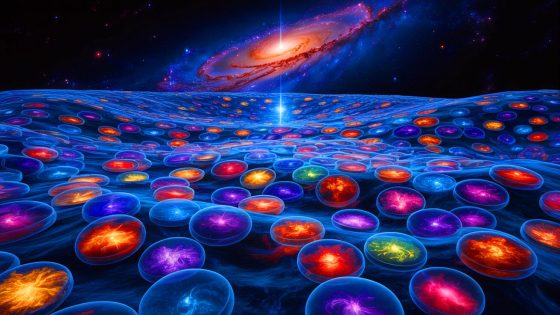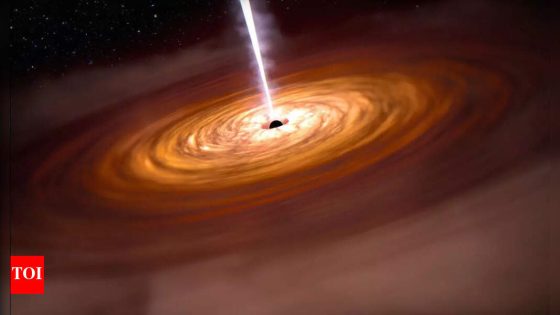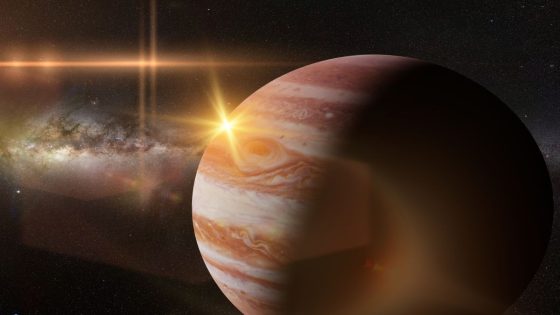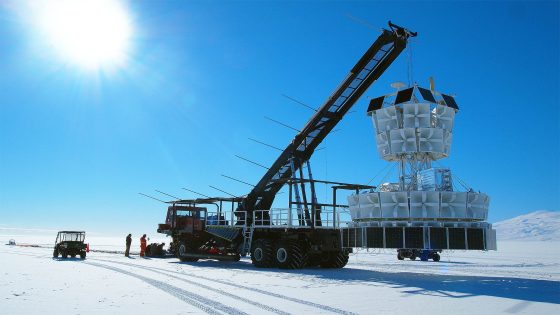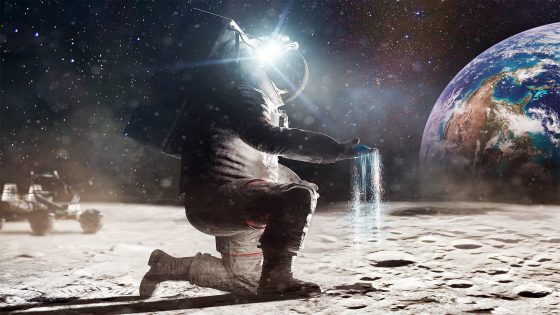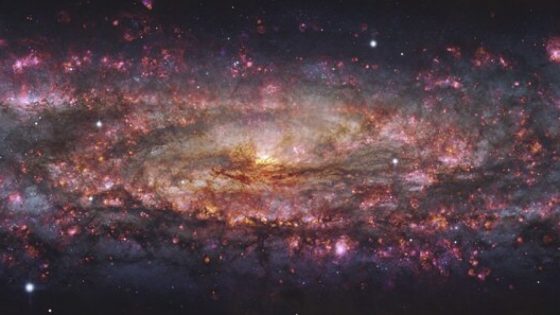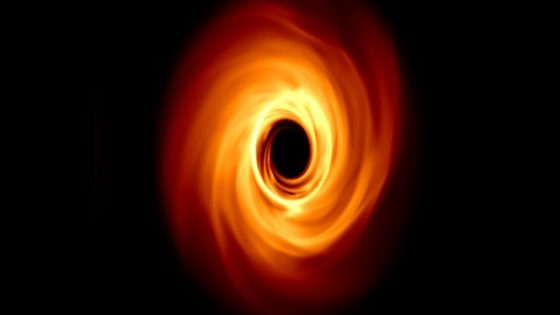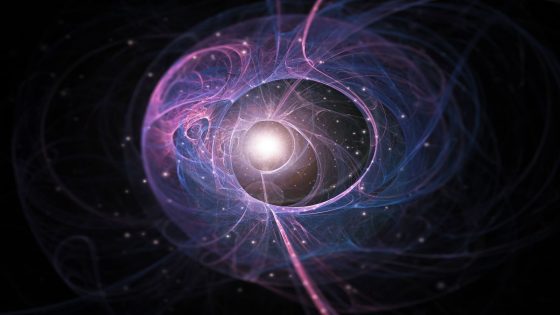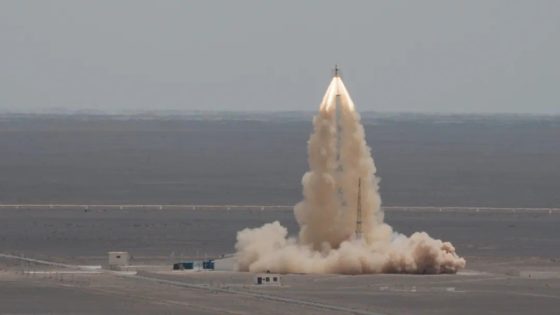Recent scientific discussions suggest that space-time is not merely an empty void but a complex memory system that retains information from every interaction. This revolutionary idea could reshape our understanding of the universe, merging concepts from general relativity and quantum theory. As researchers explore this concept, they are uncovering insights that may redefine the very fabric of reality, as evidenced by findings released on 2025-06-20 15:13:00.
- Space-time may function as a memory system.
- Quantum theory and general relativity integration proposed.
- Quantum computers simulate space-time's memory cells.
- Space-time could explain dark matter effects.
- Information might resolve black hole paradox.
- Cosmic memory influences gravitational interactions.
Imagine if every action we take leaves a trace in the cosmos. This notion challenges traditional views of space-time, proposing it as a dynamic entity filled with information. Such a paradigm shift could lead to breakthroughs in addressing fundamental mysteries, including dark matter and black holes.
This concept raises intriguing questions about the nature of gravity and information. If space-time retains a record of all interactions, how might this influence our understanding of cosmic phenomena? Consider these points:
- Space-time as a memory bank could resolve the black hole information paradox.
- Quantum computers are validating this theory by simulating interactions within space-time.
- The framework may provide insights into the elusive nature of dark matter.
As we delve deeper into the mysteries of space-time, the implications of this research offer a tantalizing glimpse into future scientific advancements. Could our understanding of the cosmos be on the brink of a major transformation?



